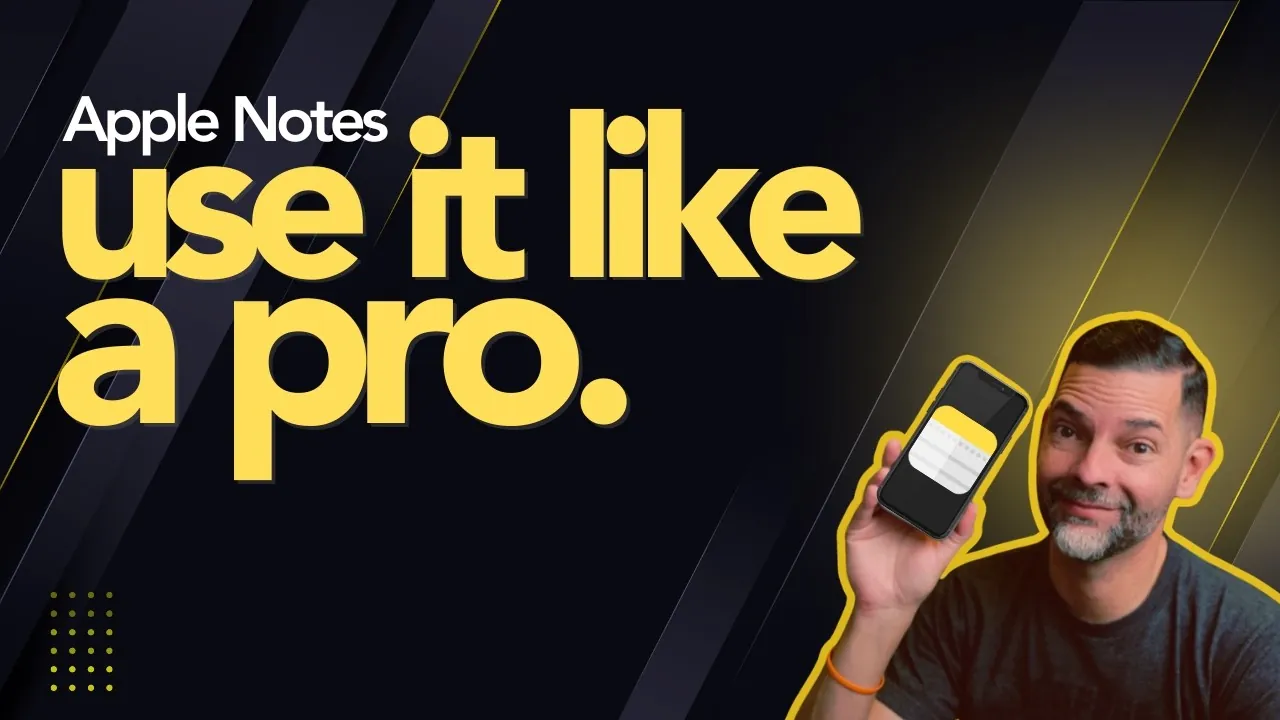For nearly three decades, Google has been the front door to the internet. It helped us navigate a chaotic sea of information, connecting billions of people to billions of pages—some useful, some dubious, many essential. In the process, Google didn’t just organize the world’s information; it reordered the internet around itself.
Now, it’s unmaking it.The threat isn’t from regulators or rival search engines—it’s from Google’s own pivot to artificial intelligence. In its rush to stave off an AI-fueled exodus to chatbots like ChatGPT, Claude, and Perplexity, Google has begun cannibalizing the very ecosystem it once sustained.

The company says it’s enhancing search. In reality, it’s rewriting its business model in a way that threatens to dismantle the open web as we know it.Why is Google so terrified of losing its search dominance?Simply put, Google is a monopolist.
Google does not want to have to compete with other companies, especially for something that is so core to its business – search. In fact, Google just got hit with another antitrust case decision, where US District Judge Amit Mehta wrote, “Google is a monopolist, and it has acted as one to maintain its monopoly.”Google is currently in the midst of multiple antitrust trials, where the US Department of Justice has claimed that Google is a monopoly.
And so far the US Government is undefeated in accusing Google of being a monopoly in multiple businesses that Google has.It also came to light, during this trial, that Google was paying billions to Apple. This made Google the default search engine on the iPhone.
In 2022, Google paid Apple $22 billion to remain as the default search engine on the iPhone and other Apple products, court records showed. Google also profits shares with Apple, from its search engine. So every search you make in Safari on your iPhone, iPad, or Mac makes both Google and Apple money.
This deal also locked out other competitors like Bing and DuckDuckGo, who couldn’t even afford to pay Apple anywhere near that much to become the default search engine.But the antitrust trials don’t scare Google. It’s artificial intelligence.
Google’s scared of AI replacing its core businessArtificial Intelligence is a real problem for Google, despite Google embracing it for many years. Well before ChatGPT and these other chatbots became popular, Google was always talking about AI, all the way back to its announcement of Google Now, back in 2012. But Google fell behind, when it comes to AI.
OpenAI released ChatGPT and took over the world, becoming the fastest product to hit 100 million users.And when it comes to search, AI is essentially replacing it these days. Think about it.
When you need to look for an answer to something, where are you going? ChatGPT? Perplexity? Google? More and more people are using AI Chatbots to find answers, especially with the new Deep Research feature that many of these chatbots are adding now. And the AI alternatives often times provide better results, just take a look at this example from SEO Expert Lily Ray.What it looks like to search for something on Google in the US (the first three screenshots) compared to ChatGPT (last screenshot)Why is this so hard for Google?And the search is literally about a Google product.
pic.twitter.com/MZczhXDdys— Lily Ray (@lilyraynyc) April 16, 2025Even if you are heading to Google, you’re likely getting the answer before seeing a single ad.
Since Google has placed all of the ads below the AI excerpt at the top of the page. Remember, ads are how Google makes money from search, so with fewer eyeballs on ads, less revenue for Google.This is a $237 billion issue for Google.
In 2024, Google made a little over $237 billion in ads across its platforms. Ads also fund everything that Google does. From Gmail, to YouTube, to Google Drive, and even Android.
Some experts have suggested that this is “an extinction-level event” for Google; it’s not just bad for publishers that rely on ads to make money and pay for their employees and other expenses.If search dies, Google dies with it.When this much money is at stake – and let’s face it, it’s Google’s entire livelihood – Google is going to fight dirty.
And it’s doing this by stealing data from the very publishers that it serves ads to.As one expert said, “If a news website pays a guy to test out the 30 best smartphones and rank them, and Google’s AI aggregates that information and provides the answer, that’s not OK. That’s straight thievery.
” And Google is indeed doing this. Just search Google for “best smartphones ranked” and you’ll see that it’s full of shopping links; however, if you switch over to the “AI Mode” tab, you’ll see it listing out all of the best smartphones, why they are good options, and what to look for. Sure, Google sources these sites on the right-hand side of the window.
But Google just gave you all of that information, so why would you click on any of those sources? There’s simply no need to.Google is already seeing a shift in search engine market share. They are down 2% worldwide in the past year.
Google does still have a staggering 89% of the market, however, at the pace that AI is improving, this could accelerate pretty quickly.Google’s $237 Billion Panic ButtonGoogle’s lifeblood is ads. While many of us see Google as a search giant, or a smartphone platform, Google’s true business is ads.
It always has been, and that could be the downfall for Google. Last year, $237.68 billion flowed into Google from advertising alone.
Those annoying ads you see on websites, and in search results, all were responsible for that.Google’s total revenues for 2024 were $350.18 billion, showing that advertising still represents a very significant amount of its revenue.
So what’s happening and why is Google hitting the panic button? Well, if users keep using Google’s AI, or even AI alternatives, those advertising dollars will vanish. For Google, AI Search functionality will effectively kill the company’s cash cow. This is because AI gives you a direct answer, instead of 10 different search results, along with up to five ads.
That means AI generates zero dollars for Google.What was Google’s response? AI Overviews. This was announced at Google I/O in May 2024, and is now available for virtually every Google Search user.
What this does is, provides you with an AI answer at the top of the search results. Not replacing the search results, but giving you a straightforward answer, which can be very useful for simple things like conversions, or finding out how tall someone is.The flip side here, is that Google is cannibalizing what made them so successful.
By backstabbing the internet.AI Overviews are killing website traffic, and will essentially kill the internet in the long run. Just take a look at the screenshot above, where I searched for “What is Android 16”.
The first result is halfway down the page, with AI Overview taking up the first half of the screen. And it tells me everything I need to know about my query. So while Google is telling publishers that AI Overview is going to improve their traffic, meanwhile telling investors that this is a defensive move to keep users from jumping over to other AI competitors.
Google isn’t just keeping you on its site now — it’s keeping you on the top half of the page. Below the fold lies a digital graveyard.Some publishers have reported pretty catastrophic traffic drops, of over 60% on queries that now include an AI Overview.
This means that Google is obviously lying to publishers.AI mode for my queries about the Masters golf tournament. Includes my follow-up questions.
For this type of query chain, I really didn’t need to click through to a publisher (even with the follow-up questions). For other types of queries in AI mode, I often do click through, but..
. pic.twitter.
com/DlLUQSICYx— Glenn Gabe (@glenngabe) April 13, 2025For decades, Google told publishers, “create great content and we’ll send you traffic”, now Google is using that same content to “train AI systems that will ultimately put publishers out of business.”If Meta got dragged for killing journalism with Facebook traffic drops due to eliminating the news tab, then what Google is doing is ten times worse, because it’s taking the content it no longer sends traffic to.Google claims “AI Improves Search, instead of Replacing itIn a discussion with the Search Engine Journal, Sundar Pichai was asked about AI and Search, and whether it would ever replace search.
Pichai doesn’t believe it will replace search, but improve it instead.Pichai equated AI as a technology that improves current technologies, versus replacing them. Obviously, as a company worth nearly $2 trillion, Google needs to stay on top of the latest technologies and capitalize on them as well.
The thing that excites me about AI is it’s the same underlying piece of technology for the first time in our history we have one leveraged piece of technology which can improve search, can improve YouTube, can improve Waymo and we put it all as cloud to our customers outside and so I feel good about that.But the question still remains, will AI help search for those looking for answers, or those making the content that Search is surfacing, or both?Google isn’t just killing publishers, it’s killing small businessesWhile we know all too well how Google’s changes can kill our traffic, and some of our competitors as well. It’s important to remember that news sites and publishers aren’t the only ones being affected by Google’s backstabbing.
Small businesses that rely on Google Search, Maps, and other Google products for potential customers to find them.Given the current economy, these small businesses and independent publishers are already struggling. The last thing they need is for Google to steal their content and their traffic, as well as revenue.
This is also going to affect educators, researchers, and students who are relying on organic sources for all sorts of projects, and even a thesis.But potentially the biggest stakeholder getting burned will be journalists. As their work is being summarized, no credit is being given to the journalist.
While Google might see no problem with this right now, after a while, they will be driving these publishers and businesses out of business. Then how will they feed new information to their AI machines? Google has said before that giving traffic to publishers is a “necessary evil”, but these days, it seems like playing Google’s game is more of a “necessary evil”.Google Is the New Napster — And the Web Is Its Music IndustryIn the early 2000s, Napster blew up the music industry by giving people exactly what they wanted: free music, instantly.
It didn’t matter that artists, producers, and labels were being robbed blind — the user experience was too good. Napster didn’t care who made the music. It only cared that it could be copied, indexed, and served up for free.
Now, Google is doing the exact same thing to the internet.With its AI Overviews, Google scrapes the collective output of journalists, bloggers, researchers, and creators — then spits it back to users without ever requiring a click. It’s dressed up as “efficiency” and “AI-powered search,” but let’s be real: it’s theft, algorithmically sanitized.
Just like Napster, Google is banking on the fact that the convenience is so addictive, we won’t care that the people who actually make the content are being bled dry.Google is Napster with a trillion-dollar valuation. But this time, there’s no Metallica lawsuit.
No federal court case. Just a slow, quiet collapse of the web as we know it.Because if AI can take your content, summarize it, and steal the traffic, why would anyone keep publishing anything at all?If we let AI replace the open web, we don’t just lose Google Search — we lose the soul of the internet.
The post Google Is Burning the Internet to Save Itself — And AI Is the Match appeared first on Android Headlines..
Technology

Google Is Burning the Internet to Save Itself — And AI Is the Match

The post Google Is Burning the Internet to Save Itself — And AI Is the Match appeared first on Android Headlines.














